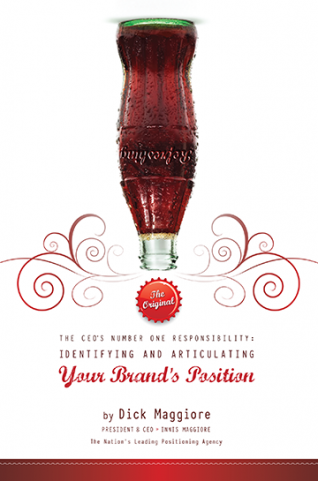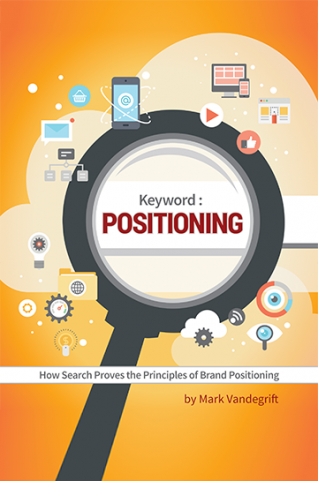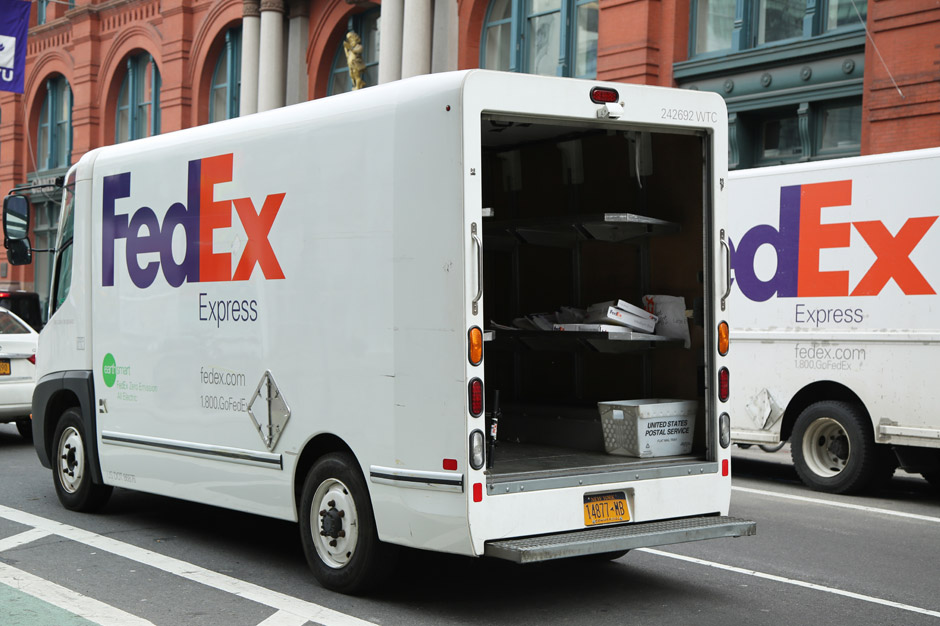FedEx founder Fred Smith wrote an economics paper while at Yale. The paper was about his idea to make an overnight delivery service more efficient by using the "hub and spokes" concept. His professor told him that it would never work and gave poor Fred a C.
Fred was and is known for his persistence (and eventual strategic positioning of FedEx). He used the concept as the foundation for operations at his fledgling startup, but over the first several years, the company lost millions.
During these early years, the headline of his ads read, "We have planes, trains and automobiles." Where was the strategic positioning in that? CEOs so often yearn to be all things to all people, and the headline was meant to indicate FedEx could ship anything large or small, fast or slow. It wasn't working. The brand was not strategically positioned. After a brainstorming session, FedEx decided to focus on delivering small packages overnight. The headline of Fred's next ad read, "When it absolutely, positively has to be there overnight." The strategic positioning cord was struck and the rest is history.
FedEx became the largest overnight shipper in the world. What's more, with the help of its strategic positioning, FedEx became the generic word for overnight delivery. (''I'll FedEx it to you.'') Even though the lawyers hate it, making the brand name a generic is the ultimate weapon in the marketing wars and the end result of strategic positioning. With more than 300,000 employees, 663 airplanes and $43 billion in revenue, Fred wasn't so poor anymore.
Things were swell -- for a long time. Then something happened. The need for business to ship a hard copy of an important document overnight became unnecessary. FedEx was falling victim to something called disruptive technology.
Businesses began sending their important documents, for free, by email. Who could have predicted? Talk about a disruption.
Interestingly, at the same time, the shipping of packages by ground began to grow. Why? We started to shop online. So, over the course of a decade, overnight air shipping of letters nearly evaporated while ground shipping of packages swelled. Who could have predicted?
Poor Fred?
Not exactly. FedEx purchased Kinko's (and UPS purchased Mail Boxes Etc.). The business of shipping packages by ground grew while the overnight letter business shrank. FedEx needed a place for people to take boxes because the packages wouldn't fit in the drop boxes designed for letters only.
So, what does this do to FedEx and its strategic positioning concept, overnight delivery? FedEx owns this idea in our minds. It's one of the most brilliant examples of positioning strategy -- ever. Now what? Their strategic positioning idea was disrupted by technology. Ouch!
FedEx abandoned its tagline for a new one, "The world on time." A new position? Does this work? Will this work? Let us know what you think on our Innis Maggiore Facebook page.
Dick Maggiore is Innis Maggiore's President & CEO.



